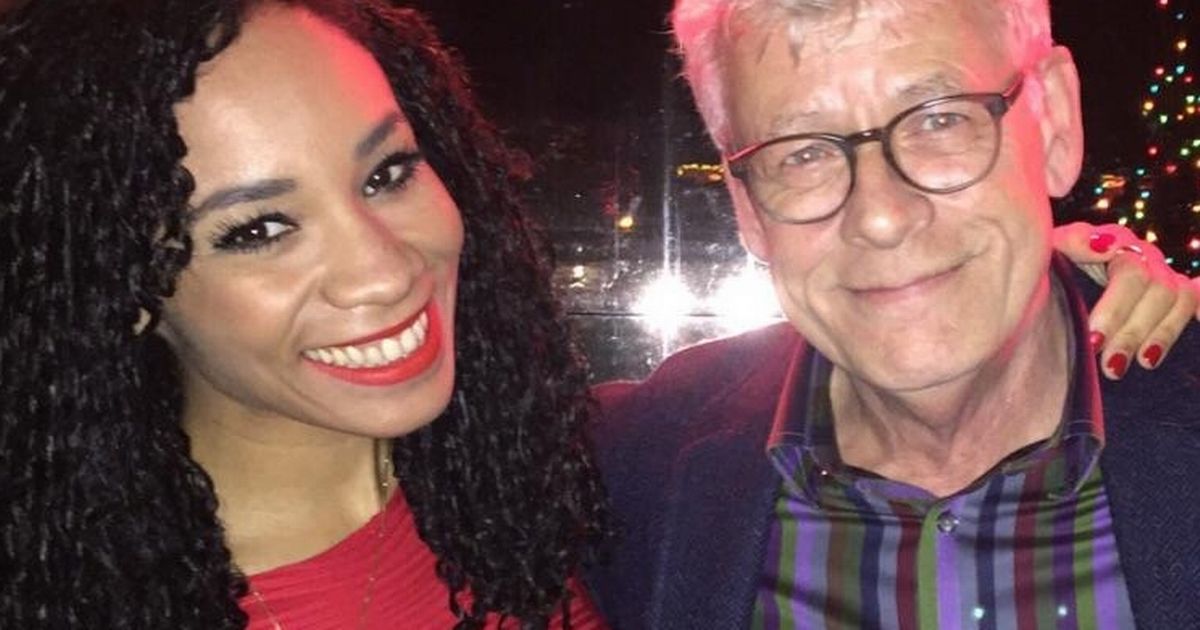Michelle Ackerley recalls ‘horrible’ moment she informed family about her dad’s death
EXCLUSIVE: The presenter opens up about her father’s lung cancer and how Macmillan’s nurses helped during his final weeks
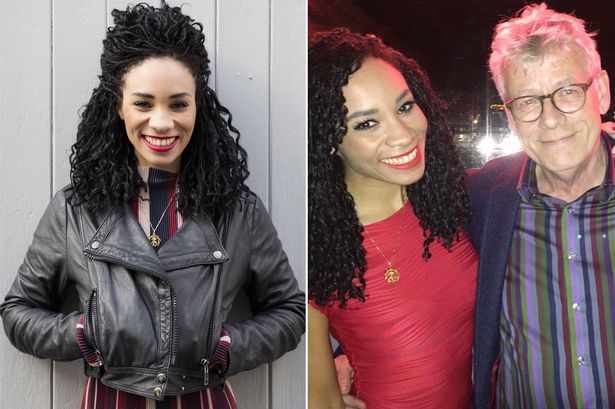
There can’t be many phone calls more difficult to make than one to tell your mother that her husband has died. But that’s exactly the conversation presenter Michelle Ackerley found herself having in the early hours of March 27, 2018.
“It was such a horrible thing, to just hear Mum howling down the phone from the shock,” she recalls.
The One Show host was in London to film Richard Osman’s House of Games when the news came that Michelle’s father Marcus, 62, who had been diagnosed with lung cancer the previous summer, had died in the night.
“I remember being in the hotel and having really weird dreams,” says Michelle, 36, who presents BBC1’s Crimewatch Roadshow Live and joined Loose Women as a panellist in August.
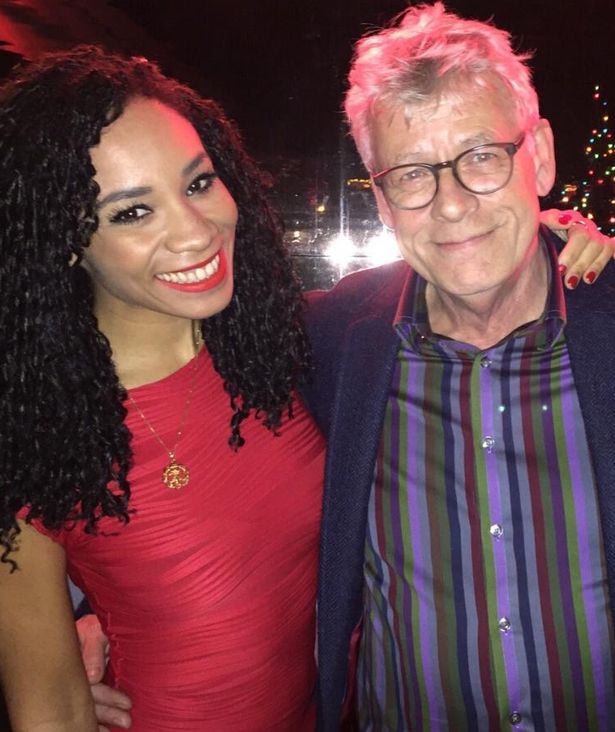
“I woke up before my alarm at about 5am to see a missed call from East Cheshire Hospice, where Dad had been for a few weeks. When I called them back, they told me he had passed away.
“I can’t really describe the feeling. It was so physical. My whole body felt cold, frozen. Even though all of us knew that this was something that was going to be an eventuality, I couldn’t believe it because the last time I saw him, he was actually quite upbeat.”
Only eight months earlier, the whole family – Michelle’s mother Mavis, 63, Marcus (who adopted Michelle when she was four and she has always called Dad) and her brother Johnny – had been on holiday in Majorca with no idea what lay ahead.
“It was the first time we realised there might be something very wrong,” says Michelle, who grew up in Manchester and now lives in London with her partner, rugby coach Ben Ryan, 49.
“Usually on holiday it would be me and Dad chilling in the sunshine, reading books together, but he just had no interest in it at all. When everyone was swimming, he’d sit on the balcony, and when we went for dinner, he would stay in the room or leave early.
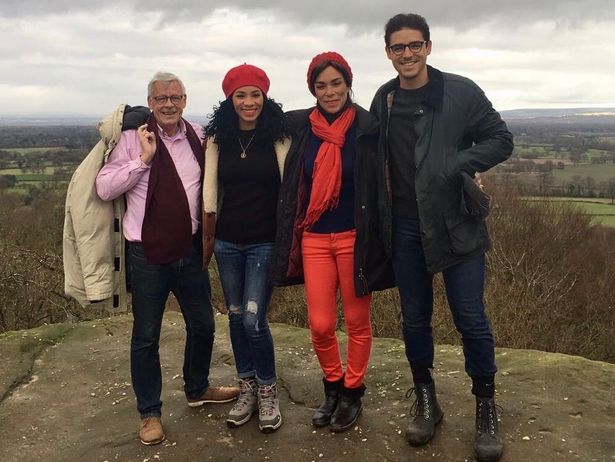
“Sometimes he might have a burst of energy and we’d think, ‘Oh, he’s back to normal’ but as the holiday progressed, he was getting worse and worse, with no energy and no appetite.”
As soon as the family flew back to the UK, Marcus headed straight for his GP’s surgery. “They chatted through how he was feeling and he was referred to Macclesfield Hospital the same day,” says Michelle. “They admitted him instantly and he spent about two weeks having tests.”
Initially the family were told there might be an issue with his immune system. “Then one day, we were taken into a super-comfortable room with sofas, calming wallpaper, lovely pictures and a box of tissues,” says Michelle. “You could tell the news wouldn’t be good.”
The doctors revealed that Marcus, a smoker, had lung cancer. “I was sitting there trying to be so strong for Dad and so was Mum,” says Michelle. “And Dad was trying to be strong for us. I remember thinking, ‘I can’t cry here’ and stepping out into a corridor and just bursting into tears because it was too much for my brain to process. I couldn’t take it all in.”
Marcus’ cancer was very advanced – stage four – and when he asked how long he might have left, his doctor revealed it could be as little as four or five months.
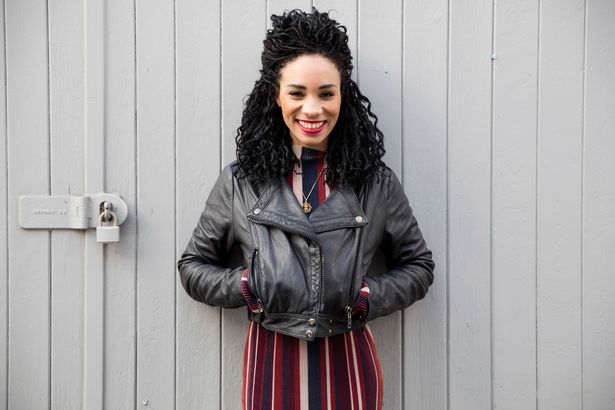
“It was July and all of us were thinking, ‘He’s not going to be here for Christmas. We’re half-way through the year, how can that be?’” says Michelle.
“Then in a weird way, all of us went into proactive, practical mode, thinking, ‘There is hope here. We’re not actually going to think about five months – what can be done today?’
“We wanted to take it step by step, but it felt so surreal. We’d gone from just having a normal holiday to conversations about shrinking tumours and the possibility of Dad having to get wigs.”
Courses of chemotherapy and steroids followed, with Marcus doing better than predicted.
“Come December, Dad was still with us,” says Michelle, who is throwing her support behind this week’s Macmillan Coffee Morning.
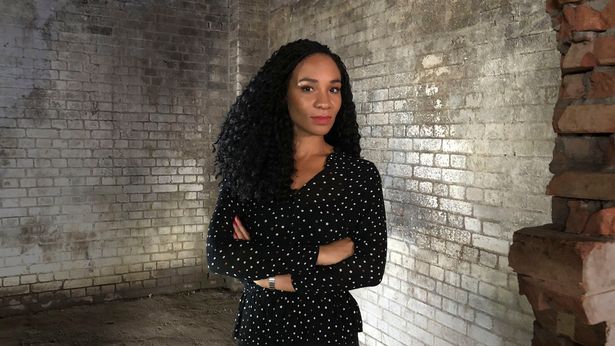
“We had one of the loveliest family Christmases we’ve spent together. The chemo had been very tough, but Dad was starting to feel more like himself, getting his appetite back, putting on a bit of weight. The doctors were talking about getting him well enough to start immunotherapy, which would have really helped extend his life. It actually felt like he was getting better, so we were all so hopeful at that time.”
Sadly, by New Year, Marcus was going rapidly downhill. Michelle explains: “When he began treatment again in January, Dad reacted to the chemo really badly – he was violently ill the whole time and lost weight very, very quickly. He was desperate to be in his own bed, but he was so ill we kept having to take him back to hospital.”
While going into hospital meant Marcus’ pain could be managed effectively, being on a busy ward took its toll.
“We couldn’t stay with him and he couldn’t sleep,” says Michelle. “The patient in the opposite bed had dementia and would get up in the night and be screaming and shouting.
“The hospital staff were doing their best but the whole environment was quite distressing for Dad.
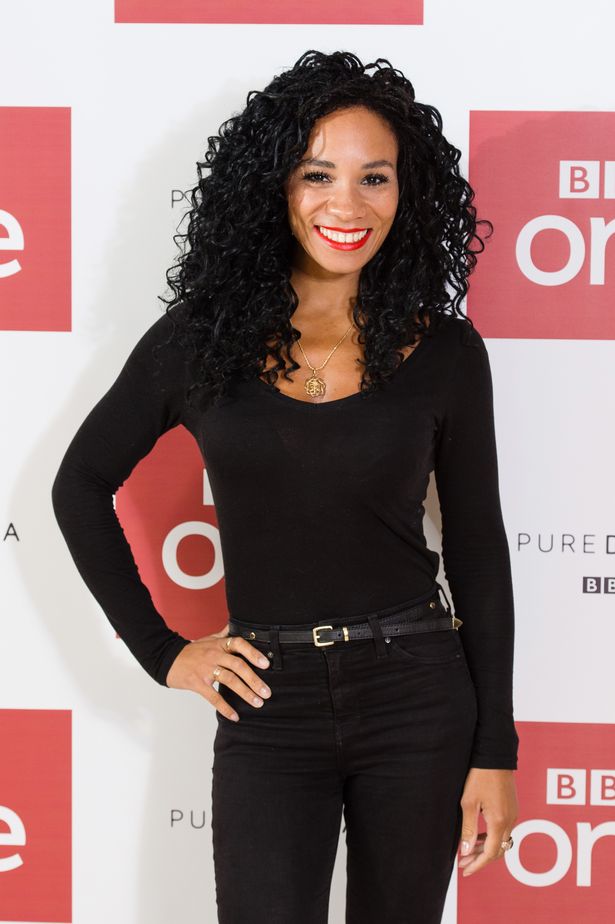
“Mum and I would go home and just cry our eyes out. We would just feel so bad leaving him there.”
Thankfully, the Macmillan nurse who had been supporting the family had a solution. “She had been with us from the very beginning and Dad always felt quite comforted when she was around,” says Michelle.
“They’re so amazing at what they do. They’ve got a real ability to make you feel a bit more positive, a bit more sane when all this crazy stuff is going on.
“She first brought up the idea of Dad going to a hospice. When I reflect back now, I know what she was thinking in terms of his prognosis and how long he had left. We were probably a bit more deluded. We knew he was really ill, but thought chemotherapy was progressing and we might still get him well enough for immunotherapy.
“So when she suggested the hospice, everyone’s first thought was, ‘no way, that’s where you go for a couple of days when you’re just about to die and it’s probably a really morbid, grim place’.
“As for Dad, he thought it was crazy – he just wanted to go home. But she was really clear in explaining how it could be helpful, and in the end he agreed to give it a try.”
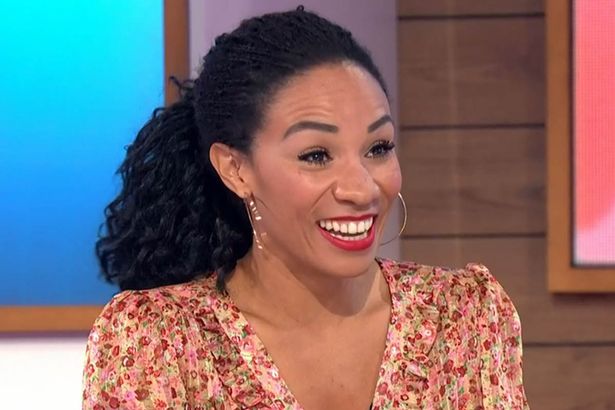
Almost instantly, the family saw it had been the right decision. “I remember going to see him that evening and he was practically a different person – in a really positive way,” says Michelle. “He was so much more relaxed. There were fresh flowers and the beds were so much comfier. The nurses were incredible and it was so much less stressful for Dad.
“He made friends with another patient. He felt safe and the Macmillan nurses would come and sit on the end of his bed for a chat.
“There was a community feel about the hospice, which meant Mum and I felt good about Dad being in there, so we were able to go home and sleep.”
Marcus was in East Cheshire Hospice for almost a month before he died.
“Once he was settled, I was back and forth to London filming The One Show,” says Michelle. “I would tell Dad to look out for special signals when I was live on telly. So if I touched my left ear, for example, it was me saying, ‘Hi! I love you!’ and he’d have all the nurses watching out too.”

Doting father Marcus was always so proud of his daughter’s career.
“He was the one that encouraged me in the first place,” she explains. “I used to work behind the scenes in television and he always used to say, ‘Michelle, I think you’d be really good at presenting, why don’t you give it a go?’
“Out of everybody, he was my biggest advocate, my greatest supporter. Even now, over two years later, if I get great work news like the Loose Women gig, even though it’s fantastic and I’m really happy, there’s an element of sadness because the person that I’d really want to tell, first and foremost, is Dad – and he’s not here to share in that moment with me.”
MirrorCeleb
